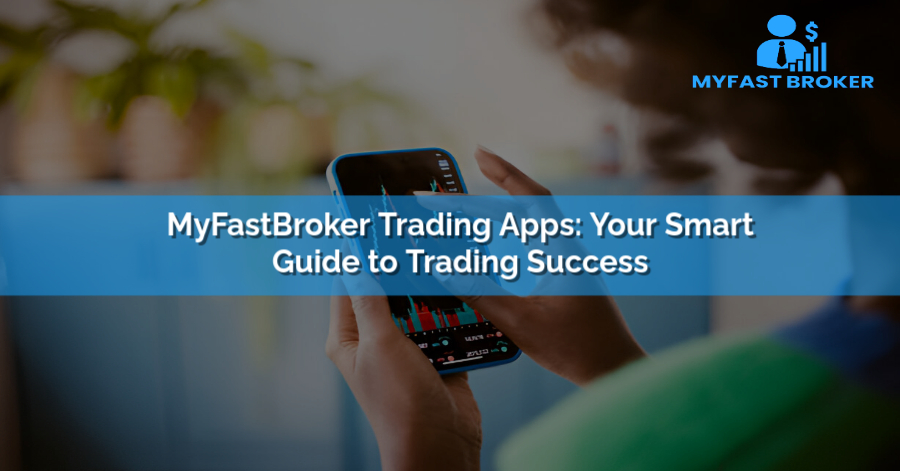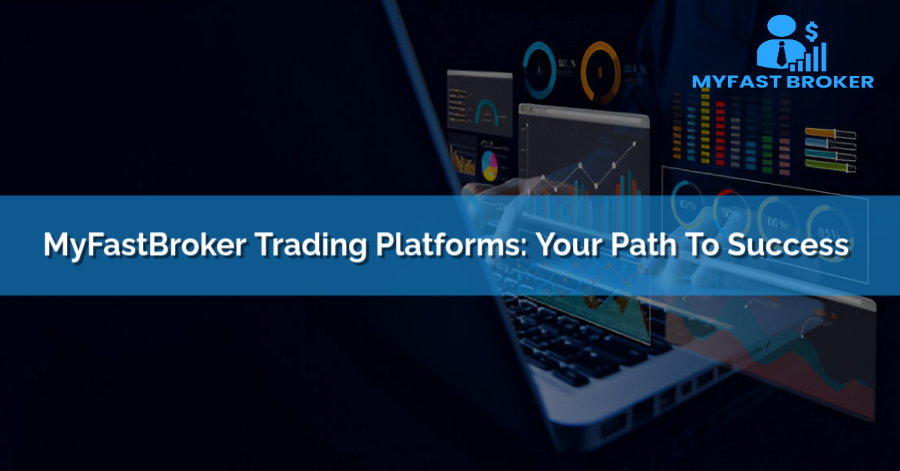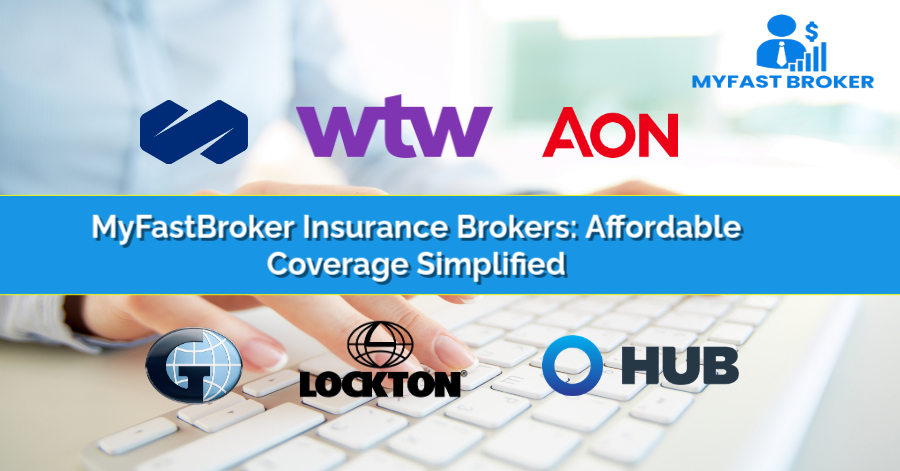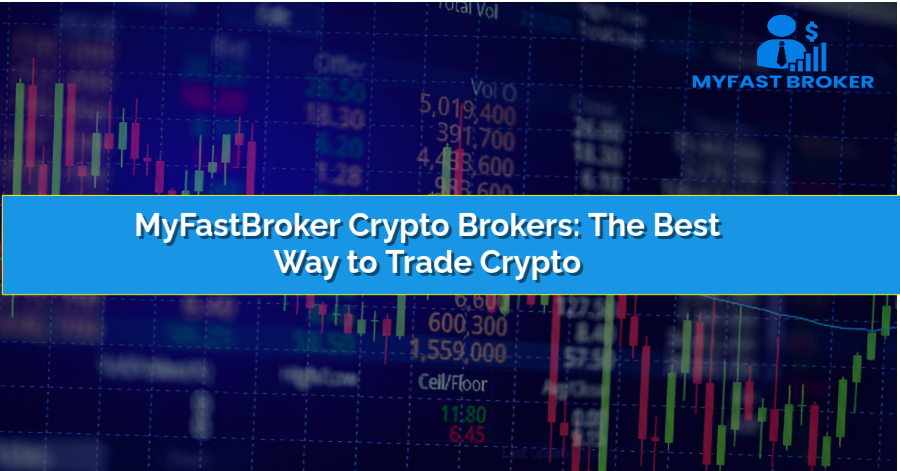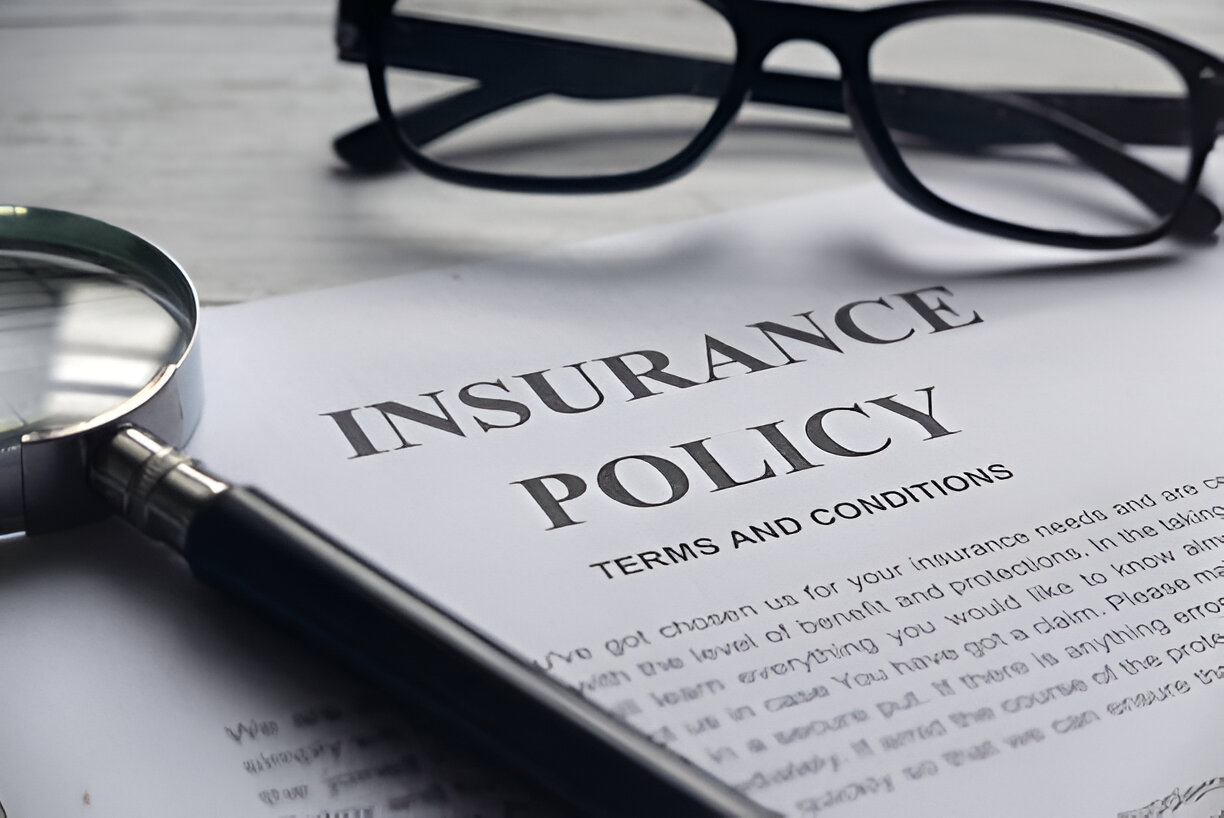Forex Broker
MyFastBroker.com Forex Brokers: Choosing the Best Forex Brokers

Introduction
Welcome to MyFastBroker.com, your trusted information blog for everything about forex brokers. If you’re curious about how forex trading works or need guidance on selecting the best forex broker, you’ve come to the right place. Our goal is to provide you with comprehensive, easy-to-understand information to help you make informed decisions in the world of forex trading. With insights into top forex brokers, trading strategies, and market analysis, we aim to be your one-stop resource for forex trading.
What is Forex Trading?
Forex trading, also known as foreign exchange trading, involves buying and selling currencies. It is one of the largest and most liquid markets in the world, with a daily trading volume exceeding $6 trillion. Traders participate in forex markets to profit from the fluctuations in currency exchange rates. Whether you’re a beginner or an experienced trader, understanding the basics of forex trading is crucial for success.
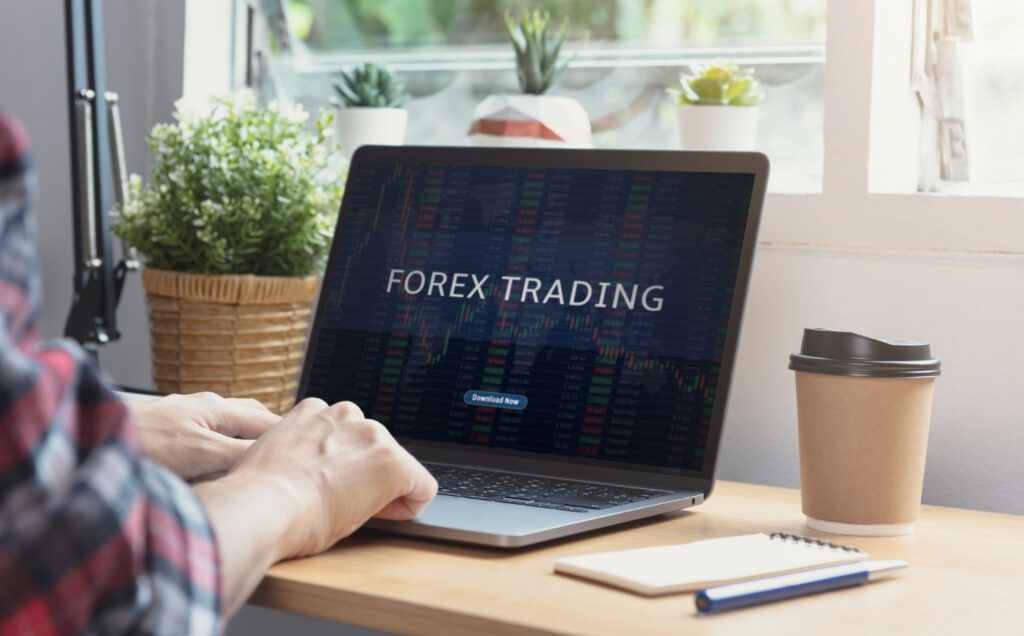
Discover how MyFastBroker Mortgage Brokers can assist you in securing the best mortgage deals.
Understanding Currency Pairs
In forex trading, currencies are quoted in pairs, such as EUR/USD or GBP/JPY. The first currency in the pair is the base currency, and the second is the quote currency. The exchange rate tells you how much of the quote currency is needed to purchase one unit of the base currency. For example, if the EUR/USD pair is quoted at 1.10, it means 1 Euro can be exchanged for 1.10 US Dollars.
The Role of Leverage
Leverage allows traders to control a larger position with a smaller amount of capital. For instance, a leverage ratio of 50:1 means that for every $1 in your account, you can trade up to $50. While leverage can amplify profits, it also increases the risk of significant losses. Therefore, it’s essential to use leverage cautiously and understand the risks involved.
Market Participants
The forex market comprises various participants, including banks, financial institutions, corporations, governments, and individual traders. Each group has different reasons for trading currencies, such as hedging, speculation, or conducting international business transactions.
Why Choosing the Right Forex Broker Matters
Selecting the right forex broker is crucial for your trading success. A good broker provides a reliable trading platform, competitive spreads, and excellent customer support. Conversely, a poor choice can lead to high costs, poor execution, and even loss of funds. The right broker not only facilitates your trades but also enhances your trading experience through valuable resources and tools.
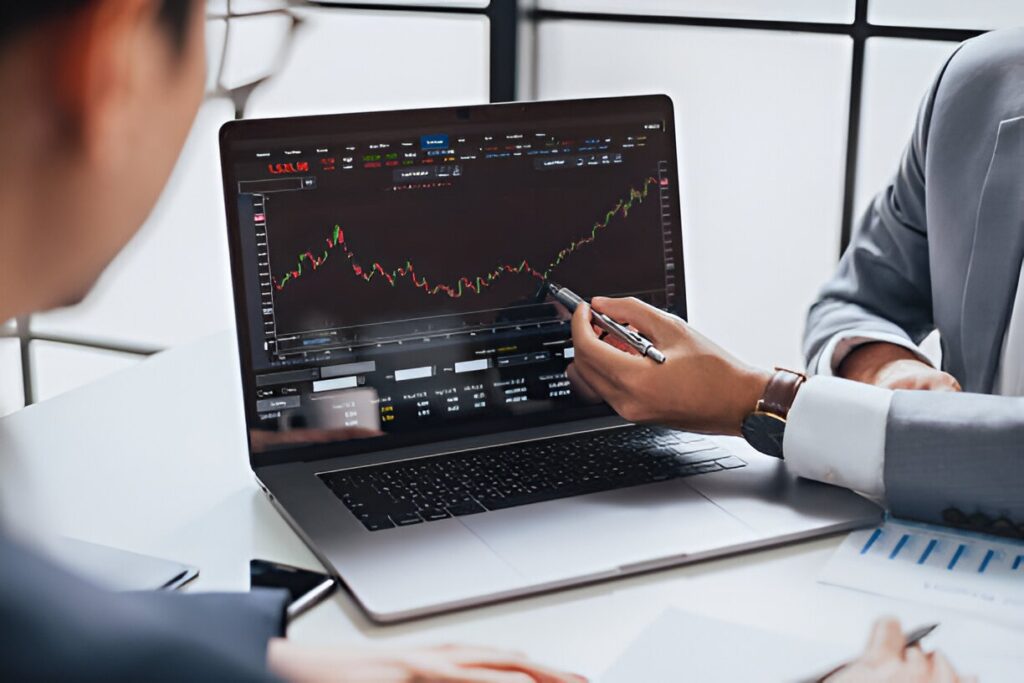
The Importance of Regulation
Regulation ensures that brokers operate under strict guidelines to protect traders’ interests. Regulated brokers are required to adhere to stringent standards regarding financial reporting, transparency, and client fund protection. Trading with a regulated broker minimizes the risk of fraud and ensures a safer trading environment.
Execution Speeds
Fast execution speeds are vital in forex trading, where prices can change within seconds. A broker with slow execution speeds can cause delays, leading to slippage and potentially affecting your trade outcomes. Look for brokers that offer high-speed execution, especially if you engage in high-frequency trading or scalping strategies.
Trading Costs
Apart from spreads, traders should also consider other costs such as commissions, overnight swap rates, and deposit/withdrawal fees. Some brokers offer zero-commission trading, while others charge a small fee per trade. Comparing these costs can help you choose a broker that aligns with your trading style and budget.
Key Features to Look for in a Forex Broker
1. Regulatory Compliance
Ensure the broker is regulated by reputable financial authorities. Regulation protects traders from fraud and ensures the broker adheres to strict standards. Look for brokers regulated by bodies such as the FCA, ASIC, or NFA.
2. Trading Platform
A user-friendly and reliable trading platform is essential. Look for platforms that offer advanced charting tools, technical indicators, and a seamless trading experience. Platforms like MetaTrader 4 and 5 are popular choices among traders.
3. Spreads and Fees
Low spreads and minimal fees can significantly impact your profitability. Compare different brokers to find the most cost-effective options. Transparent fee structures are a hallmark of reputable brokers.
4. Customer Support
Responsive and knowledgeable customer support can make a big difference, especially for beginners. Ensure the broker offers support through various channels, including live chat, email, and phone.
5. Educational Resources
A good broker should provide educational materials such as webinars, tutorials, and market analysis to help traders improve their skills. Access to a well-rounded educational library can accelerate your learning curve.
Top Forex Brokers Reviewed on MyFastBroker.com
1. Forex.com
Regulation: CFTC, NFA
Platform: MetaTrader 4, MetaTrader 5, Web Trader
Spreads: Starting from 1.0 pips
Customer Support: 24/5 live chat, phone, and email support
Educational Resources: Comprehensive learning center with articles, webinars, and tutorials
2. IG
Regulation: FCA, ASIC, NFA
Platform: Proprietary platform, MetaTrader 4
Spreads: Starting from 0.6 pips
Customer Support: 24/7 support via phone, chat, and email
Educational Resources: Extensive educational materials, including trading courses and daily analysis
3. OANDA
Regulation: CFTC, NFA, ASIC
Platform: MetaTrader 4, OANDA Trade Web
Spreads: Starting from 0.9 pips
Customer Support: 24/7 support via live chat and phone
Educational Resources: In-depth market analysis and trading education resources
4. TD Ameritrade Forex
Regulation: FINRA, SIPC
Platform: thinkorswim
Spreads: Variable spreads
Customer Support: 24/7 phone and chat support
Educational Resources: Extensive educational resources, including videos, articles, and webinars
5. Interactive Brokers
Regulation: SEC, CFTC
Platform: Trader Workstation (TWS), mobile apps
Spreads: Low variable spreads
Customer Support: 24/5 support via chat and phone
Educational Resources: Investor education programs and market insights
How to Get Started with Forex Trading
1. Learn the Basics
Before diving into trading, familiarize yourself with forex terminology, market dynamics, and trading strategies. Understanding terms like pips, lots, and leverage is essential for new traders.
2. Choose a Broker
Use our reviews and comparisons to select a broker that fits your trading needs and goals. Consider factors like regulation, fees, and platform features.
3. Open a Demo Account
Practice trading with virtual money to gain experience without risking your funds. Demo accounts are invaluable for testing strategies and getting comfortable with the trading platform.
4. Develop a Trading Plan
Create a strategy that includes entry and exit points, risk management, and position sizing. A well-thought-out plan helps in maintaining discipline and reducing emotional trading.
5. Start Trading
Once confident, switch to a live account and start trading with real money. Begin with small trades and gradually increase your exposure as you gain more experience.
6. Understanding Market Analysis
Market analysis is a fundamental part of forex trading. There are two main types of analysis: technical and fundamental.
Technical Analysis
This involves studying past price movements and patterns using charts and technical indicators to predict future price movements. Common tools include moving averages, Fibonacci retracements, and Bollinger Bands.
Fundamental Analysis
This approach focuses on economic indicators, interest rates, and political events to forecast currency movements. Understanding economic reports like GDP, employment data, and inflation rates is crucial for fundamental analysis.
Tips for Successful Forex Trading
1. Manage Your Risk
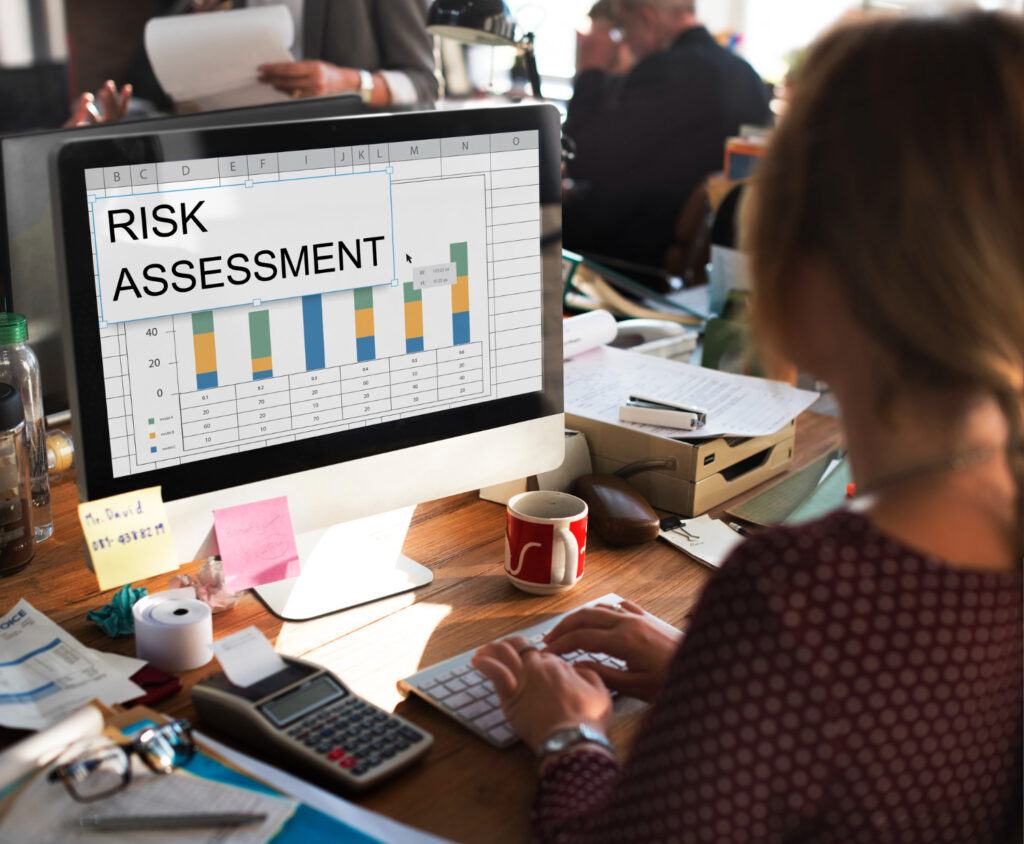
Always use stop-loss orders to protect your capital and avoid over-leveraging your trades. Risk management is key to long-term trading success.
2. Stay Informed
Keep up with global economic news and events that can impact currency markets. Economic calendars and news feeds are essential tools for traders.
3. Continuously Learn
The forex market is constantly evolving. Stay updated with new strategies and market trends. Joining trading forums and communities can provide valuable insights.
4. Keep Emotions in Check
Avoid emotional trading decisions. Stick to your trading plan and maintain discipline. Emotional trading often leads to costly mistakes.
5. Set Realistic Goals
Set achievable trading goals based on your experience and market conditions. Unrealistic expectations can lead to frustration and poor decision-making.
6. Diversify Your Portfolio
Don’t put all your eggs in one basket. Diversify your trades across different currency pairs to spread risk and reduce potential losses.
Summary
At MyFastBroker.com, we are dedicated to providing you with the best information to make your forex trading journey successful. By choosing the right broker and following our tips, you can navigate the forex market with confidence. Explore our site for more in-depth reviews, comparisons, and educational content to enhance your trading skills. For more information and resources, Please Visit Our Homepage.

-
Crypto Broker10 months ago
MyFastBroker Trading Apps: Your Smart Guide to Trading Success
-
Crypto Broker10 months ago
MyFastBroker Trading Platforms: Your Path To Success
-
Insurance Broker11 months ago
MyFastBroker Insurance Brokers: Affordable Coverage Simplified
-
Loans Broker10 months ago
MyFastBroker Loan Brokers: Smart Borrowing Simplified
-
Insurance Broker11 months ago
MyFastBroker Insurance Broker: Your Guide to the Best Coverage in 2025
-
Crypto Broker11 months ago
MyFastBroker Crypto Brokers: The Best Way to Trade Crypto
-
Insurance Broker10 months ago
MyWebInsurance.com Home Insurance: Affordable Coverage Guide
-
Insurance Broker11 months ago
MyWebInsurance.com Business Insurance: The Ultimate Guide In 2025
